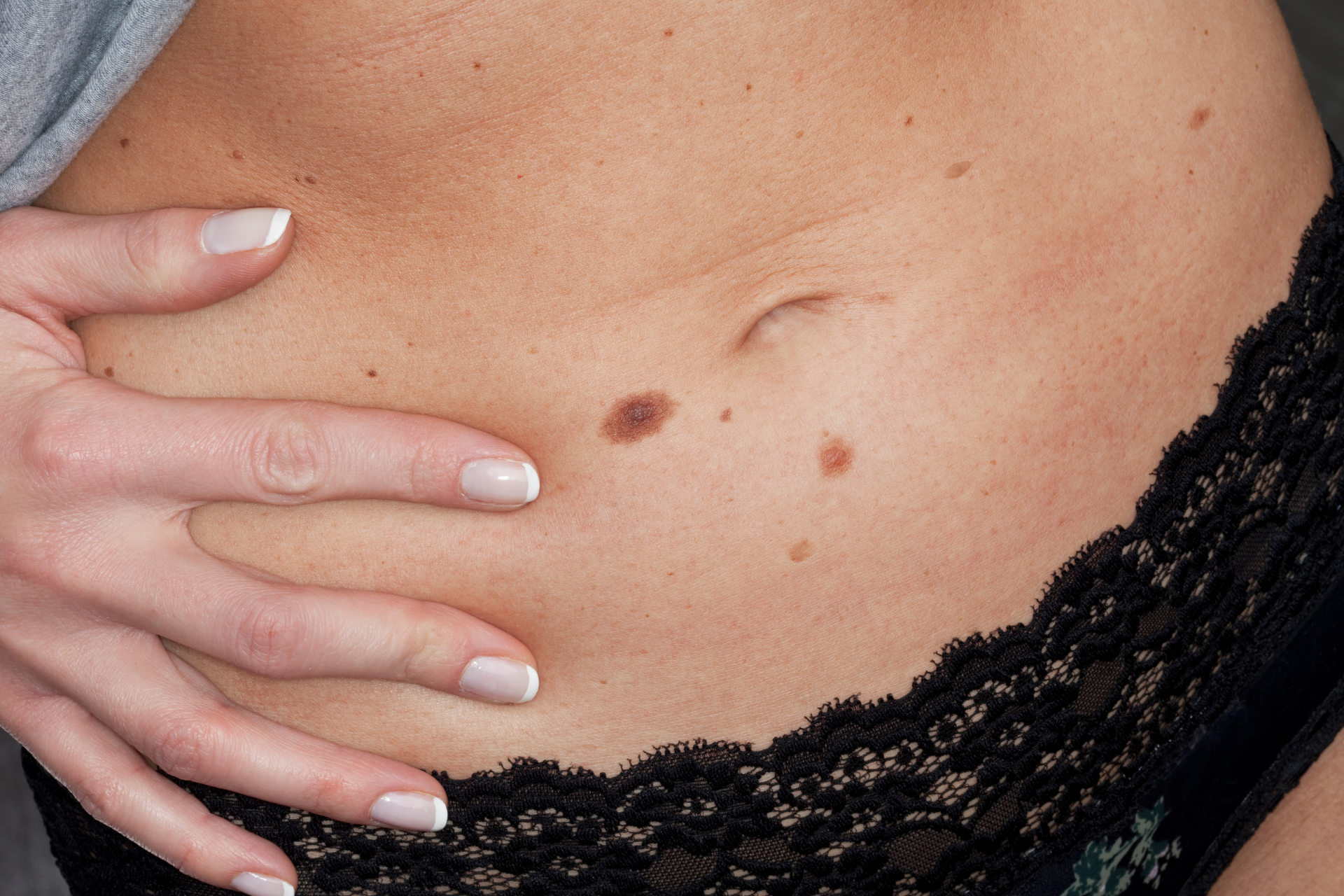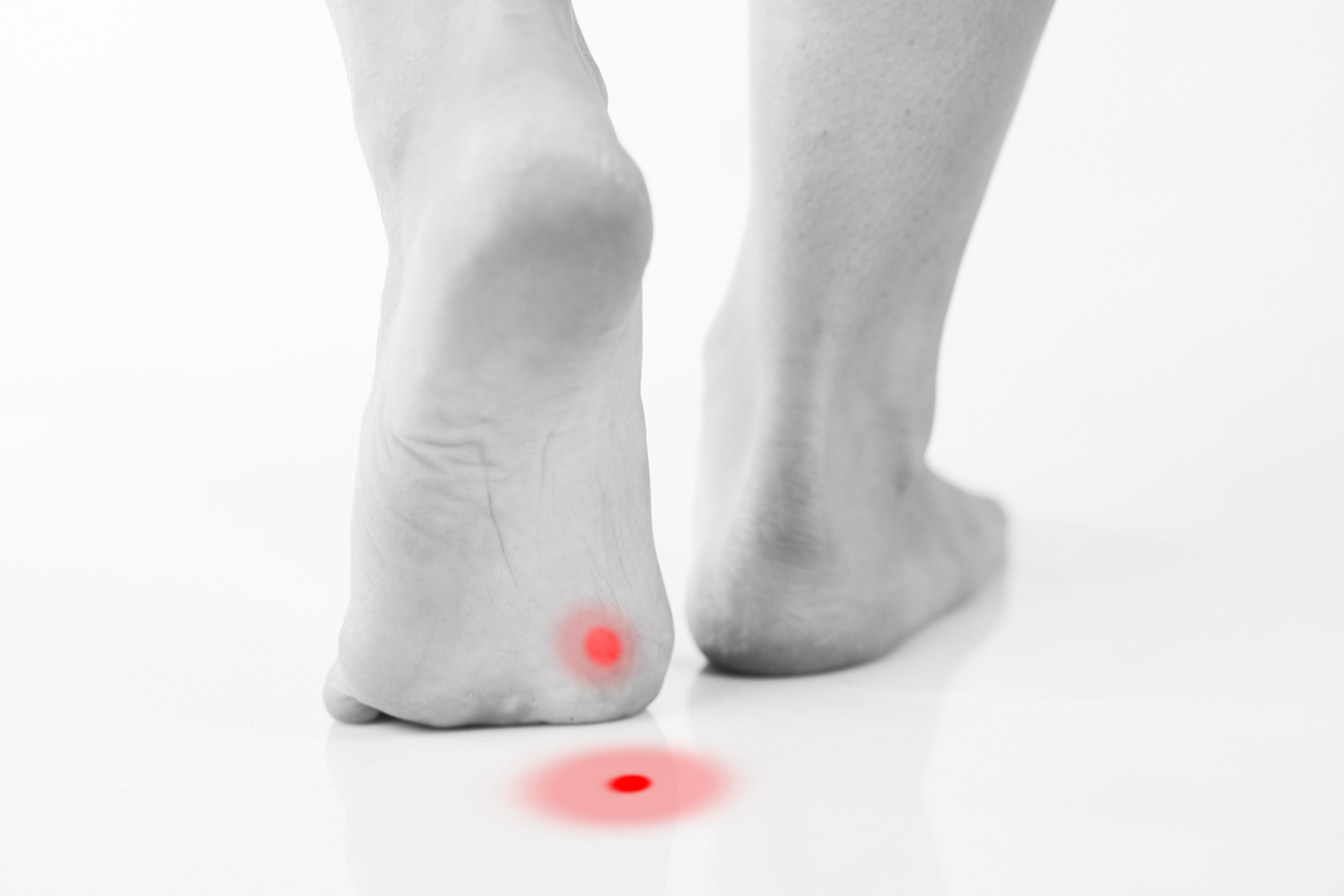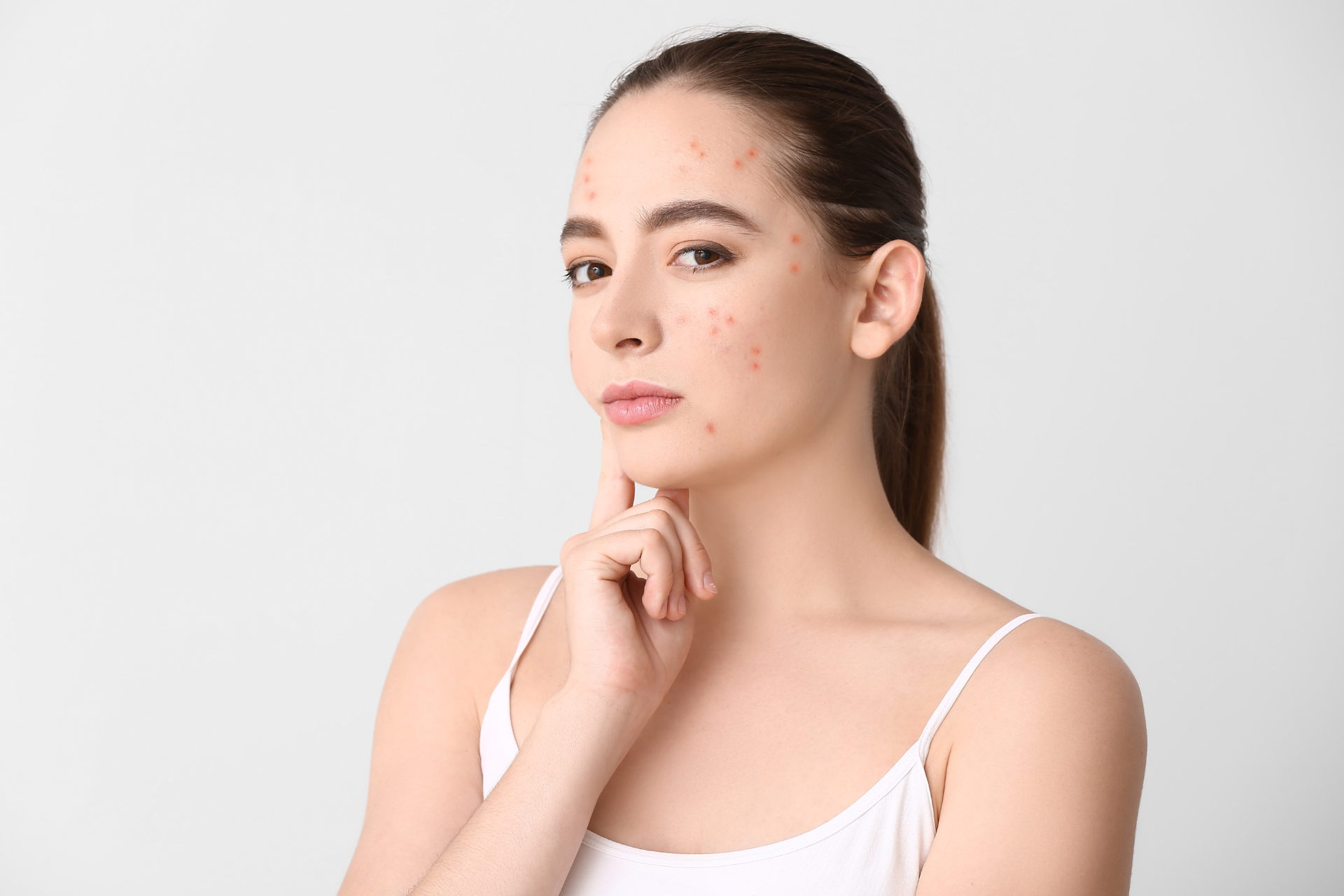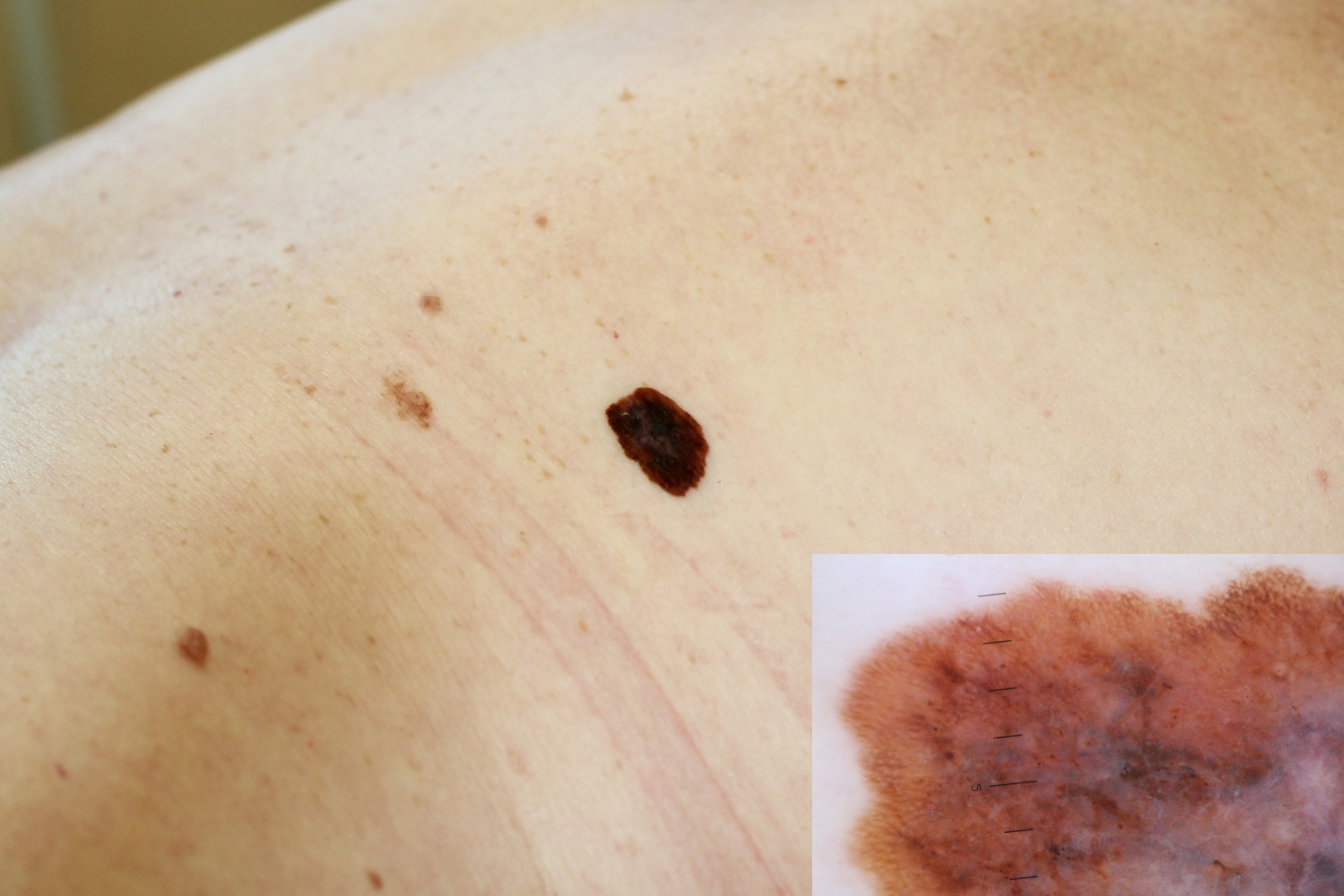Can You Die from Skin Cancer? Understanding the Risks and Prevention Strategies

In the realm of dermatological health, skin cancer stands out as one of the most prevalent and potentially dangerous conditions. As a leading provider of skin and general health care services, Fall Creek Skin and Health Clinic recognizes the critical importance of understanding skin cancer risks and implementing effective prevention strategies to safeguard against its potentially devastating consequences.
Skin cancer is a condition where abnormal growth of skin cells occurs due to damage from UV radiation, typically from the sun or tanning beds. While often treatable if detected early, certain types of skin cancer, such as melanoma, can be life-threatening if left unchecked. This leads to the pressing question: Can you die from skin cancer? The short answer is yes, but with a caveat - early detection and timely intervention are key in preventing fatal outcomes.
Risks Associated with Skin Cancer:
Understanding the risk factors associated with skin cancer is essential for everyone, regardless of age or skin type. The primary risk factor for skin cancer is exposure to UV radiation, whether from the sun or artificial sources like tanning beds. Some of the common risk factors include:
1. Fair Skin
People with fair skin, light-colored eyes, and freckles are at a higher risk due to less melanin protection against UV radiation.
2. Family History
Individuals with a family history of skin cancer are more likely to develop the condition themselves.
3. Sun Exposure
Prolonged or intense exposure to the sun, especially without adequate protection, increases the risk of skin cancer.
4. Age
The risk of skin cancer increases with age, particularly after 50 years old.
5. Immune Suppression
Conditions or medications that weaken the immune system can elevate the risk of developing skin cancer.
Prevention Strategies for Skin Cancer:
Prevention is always better than cure, particularly when it comes to a potentially deadly condition like skin cancer. Fall Creek Skin and Health Clinic advocates for the following strategies to lower your risk of developing skin cancer:
1. Sun Protection
Limit your exposure to the sun, especially during peak hours between 10 am and 4 pm. Wear protective clothing, hats, and sunglasses, and use broad-spectrum sunscreen with an SPF of 30 or higher.
2. Regular Skin Checks
Perform monthly self-examinations of your skin to detect any changes or suspicious moles early. Seek professional dermatological examinations annually or more frequently if you have an increased risk.
3. Avoid Tanning Beds
The UV radiation emitted by tanning beds can increase your risk of developing skin cancer. Opt for sunless tanning methods if you desire a bronzed appearance.
4. Stay Hydrated
Proper hydration helps maintain healthy skin and can potentially reduce the risk of skin cancer.
5. Adopt a Healthy Lifestyle
Eating a balanced diet, exercising regularly, and avoiding harmful habits like smoking can contribute to overall skin health.
While the specter of skin cancer mortality looms, it is vital to remember that the vast majority of cases are highly treatable when caught early. Fall Creek Skin and Health Clinic encourages you to take proactive steps to protect your skin and overall health. By understanding the risks, implementing preventive measures, and seeking professional care when needed, you can significantly reduce the likelihood of succumbing to this dangerous disease.
Remember, your skin is your body's largest organ and deserves the utmost care and attention. Stay informed, stay vigilant, and prioritize your skin health to minimize the risks associated with skin cancer. Your future self will thank you for it.
At Fall Creek Skin and Health Clinic, we are dedicated to supporting our patients in achieving and maintaining optimal skin health. Contact us today to schedule a skin cancer screening or consultation, and let's work together towards a healthier, safer tomorrow.




